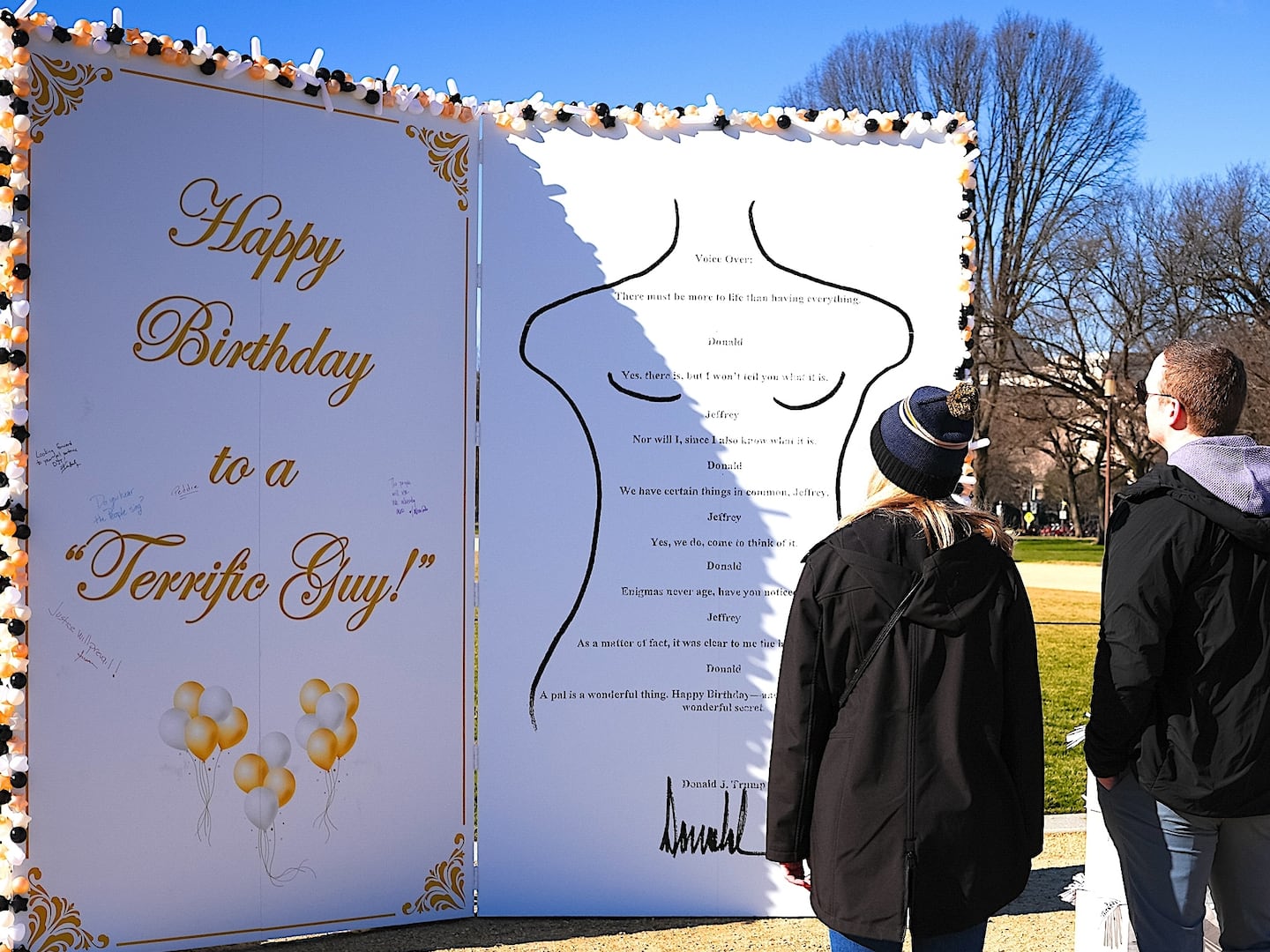
In the wake of the passage of two bills aimed at Arizona’s immigrant community—one allowing police to randomly check for citizenship status and another outlawing public school ethnic studies courses—the state’s schools are bracing for another potential incursion into how they do business. A third bill would require them to record and report to the state the number of illegal immigrant children in their student population, along with an estimation of the costs associated with educating those children.
If passed, SB 1097 would compel teachers and administrators to determine the legal status of students and their families, almost certainly discouraging enrollment and parental participation at school. The bill’s sponsor is state Senator Russell Pearce, a longtime leader of Arizona’s anti-immigration right wing and the legislator who crafted the recent immigration enforcement law.
“The impact is damaging,” said state Representative Kyrsten Sinema. “These kids made no choice to come to this country.”
The state Senate passed the schools bill on March 31, but it was tabled in the House of Representatives. Meanwhile, the national anti-immigration movement, which has cheered Arizona’s new crackdown, is embracing SB 1097 as a cause célèbre.
In an op-ed for WorldNetDaily, Tom Tancredo, the former Colorado congressman who ran for president in 2008 on an anti-immigration platform, predicted SB 1097 would pass in 2011, after Republicans gain midterm seats in the Arizona Legislature. “The public will then know the true cost of providing public education to the children of illegal aliens,” he wrote.
For the bill to be signed into law, however, Republican Governor Jan Brewer also has to win her November election against Democratic Attorney General Terry Goddard. Recent polls show a tight race in a state with strong libertarian leanings—historically veering back and forth between conservative and moderate government and home to disparate political figures like Barry Goldwater and Janet Napolitano.
• Tunku Varadarajan: Say ‘Hell No’ to ArizonaJose Gonzalez, who teaches a 12th-grade Tucscon public school American government course through a Mexican-American framework—one of the classes that inspired the anti-ethnic studies law—told The Daily Beast he expects that Brewer would sign SB 1097, as she has the other anti-immigrant measures.
“I just think it’s a reflection of the times,” he said. “Unfortunately, since the election of Obama, there’s been an undercurrent of xenophobic racism. People vote accordingly.”
The schools bill is not the first time Pearce, the state senator, has sought to target illegal immigrant children. In 2008, he introduced legislation challenging the 14th Amendment of the Constitution, with the goal of denying citizenship status to children born in the United States to illegal immigrant parents. In 2006, he crafted a successful ballot initiative, Proposition 300, which denies students the right to in-state college tuition or scholarships if they were brought to the U.S. illegally as children.
“The impact is damaging,” state Representative Kyrsten Sinema, a Democrat, told The Daily Beast. “These kids made no choice to come to this country.”
Pearce and staff members in his office did not respond to a phone call and an email asking them to comment for this story.
Gonzalez and other educators say politicians who oppose programs that serve immigrant kids are ignorant of day-to-day life in the classroom. Proponents of the ethnic studies ban such as State Superintendent Tom Horne argue such classes are divisive. "We should be teaching kids that this is a land of opportunity, and not teaching kids the downer: that they're oppressed and can't get anywhere, they should be angry against the government, they should be angry against their country," Horne said on CNN.
The lightning-rod Tucson Mexican-American Studies program enrolls about 3 percent of the district’s 55,000 students, and includes stand-alone lessons for elementary school children as well as full-semester and full-year history and government courses in middle school and high school. Gonzalez, the 12th-grade government teacher, says Mexican-American studies students cover all the basics required in the state history curriculum and use the same American history textbook other Tucson students. But they supplement those lessons with specific readings and discussions about the Chicano-American experience.
One recent lesson, Gonzalez said, was on Supreme Court nominee Elena Kagan and whether her appointment could tilt the court’s balance between liberals and conservatives. Another was about Mexican-Americans who served in the Vietnam War and how their casualties were difficult to count because of birth certificates and other government documents that classified Hispanic Americans as “white.”
“To say we are teaching hate is utterly ridiculous. It’s utterly untrue,” Gonzalez said, adding that he hoped CNN and The Rachel Maddow Show would film segments inside his classroom and others like it. “If a student is comfortable with their identity they will do well in school. There is a plethora of research that states that. And in our classes, our students manifest that outcome. The students who take our classes and go to college are outperforming other Mexican-American kids and also European-American kids.”
According to Dan Willingham, a University of Virginia cognitive psychologist who focuses on K-12 education, there is no overwhelming research evidence that ethnic studies courses raise achievement for minority students. But Willingham said any program that gets kids engaged in and excited about school is a good idea.
“Kids from disadvantaged homes don’t have the family ethos that school is what we do, school is a place that we belong,” he said. “If this program is doing that, I absolutely feel like that could be valuable.”
Dana Goldstein is an associate editor and writer at The Daily Beast. Her work on politics, women's issues, and education has appeared in The American Prospect, Slate, BusinessWeek, The New Republic, and The Nation.






